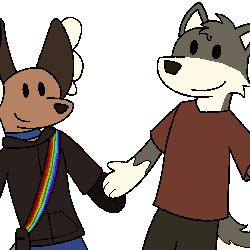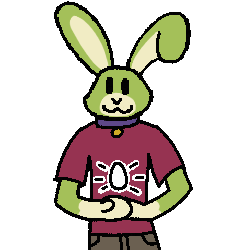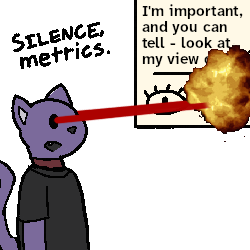WebsiteLeague
Posting, but together
The Website League is a new decentralized social media project, run as a collective by folks like you who want a better place to exist online. It's an active community that you can join today.

Join the collective
Join one of 18 independent nodes, but feel like part of a shared online space.

Make things, make friends
A safe and rewarding place to share your writing, art, thoughts and ideas.

Stay in control
No numbers, inscrutable algorithms or dark patterns that keep you hooked.
A space that belongs to you
The Website League is:
- An experiment in having an online space that is resilient and not dependent on any one person, company or country; while still feeling cozy and cohesive.
- A decentralized network that anyone can who aligns with its values can be part of.
- Stewarded by a democratic collective decision-making body and run according to a shared set of community guidelines and expectations for moderation.
- A space with the core aim of placing the needs of the user first and being free of discrimination, bigotry and harassment of all kinds. We keep it ✊🏿🏳️🌈🏳️⚧️ΘΔ in here.
We're making something new
The Website League was founded in 2024, inspired by the user-friendly and anti-tech-industry approach of Cohost. It is built with the underlying technology behind Mastodon and the Fediverse. But the League is also an attempt to create something new and unique from these starting points. We are not trying to build another Cohost, nor are we trying to make another Mastodon. We are repurposing existing software toward our own ends, and building new software where it's needed. If that sounds exciting to you, we'd love for you to get involved!
Stay up to date
Want to stay up to date with developments on the League? Interested but not ready to join yet? You can subscribe to our email newsletter, or add it to your RSS feeds.
Psst! Were you looking to sign up for the League itself? That's this way ⟶